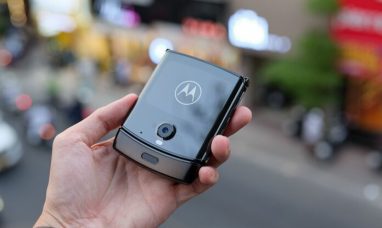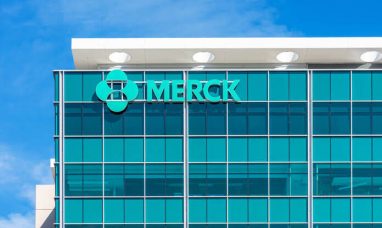Bird Global’s (NYSE:BRDS) IPO narrative has become a classic example of how SPACs became the harbinger of wealth destruction despite initially exuberant growth predictions. The Los Angeles-based corporation has dropped 88% in the last year and 54% in 2023 alone. The downturn has been unrelenting, driven by an unproductive firm that has become completely incompatible with the present market risk-off mood. Bears, who account for 12% of the short interest, are considering a Chapter 11 case as Bird faces a lack of liquidity and successive quarters of heavy cash burn, leaving it with only a few months of the financial runway as of the end of its fiscal 2023 first quarter. To be clear, Bird is on the verge of declaring bankruptcy, and its common stock should be avoided.
While Bird recently began a 25-for-1 reverse stock split to maintain compliance with NYSE minimum listing criteria, the firm has received another non-compliance warning, with its current market worth of $30 million falling short of the $50 million requirement. Because a reverse stock split would not enhance market cap, the only near-term cure to recover compliance would be either a fundamentally led rally or a broader stock market rally in which the company’s commons can participate. With the market pricing in a roughly 75% possibility that the FOMC would pause rate hikes at their June 14th meeting, Bird could be dealt an eleventh-hour volley in response to its shares being shifted to over-the-counter trading.
Cost-Cutting Measures Are Aggressive But Aren’t Enough
Bird’s fiscal 2023 first-quarter earnings were $29.5 million, a 16.5% decrease from the prior year and a $33.95 million miss on consensus projections. Revenue fell across all revenue segments, with revenues from sharing falling by $1.66 million year over year and product sales falling by 92.6% over the same time period following the company’s decision to abandon its retail operation last year. This exodus boosted gross profit margins, which reached $5 million in the first quarter, up from $820,000 the previous year. Critically, while Bird was able to obtain a 20.5% reduction in sharing costs despite a 16.5% decline in sharing revenue, the withdrawal from their retail sector did the heavy lifting for gross profit margins, which came in at 17.2% in the first quarter.
Bird has been diligent in reducing its operational costs. General and administrative expenses declined to $31.6 million from $84.6 million the previous year, with the corporation also reducing selling and marketing expenses by 61.7% and R&D by $3.5 million during the first quarter compared to the previous year. Total operating expenses were reduced by about 60%, from $100.2 million to $40.55 million as a result of these combined actions. However, it was insufficient, with a net loss of $44.3 million in the first quarter, over 150% of revenue, and 148% of the company’s current market valuation.
Requiem For A Very Twenty-First-Century Mode Of Transportation
A Chapter 11 filing is a very simple process that is offered to organizations whose liabilities and responsibilities exceed what their business can satisfy. Bird’s cash burn from operations was $21.7 million in the first quarter, down from $42.6 million in the prior year but still exorbitant and unsustainable. For context, the company’s cash and equivalents, including restricted cash, were at $18.3 million at the end of the first quarter.
Importantly, Bird’s cash position in comparison to its present cash burn profile leaves the company with a limited liquidity runway. Of course, the situation is fluid, and Bird is still aggressively reducing its cash burn, so future quarters should see lower outflow rates. Bears should also be wary of Bird, which is aiming for positive free cash flows by the end of fiscal 2023 while cutting its overall operating expenses to a cap of $100 million through 2023, down from $290.2 million in 2022. Management is similarly bullish, having purchased around 1.5 million shares in May to highlight what they perceived to be a mismatch between the company’s current valuation and their positive free cash flow guidance. Bird currently expects to achieve positive free cash flow in the $5 million to $10 million range for the whole year.
However, I would be hesitant to make an investment based on this advice. Against a sluggish cash position, turning the present cash burn into positive cash flows will be tough. A total debt position of $110.8 million as of the end of the quarter is a high mountain to climb for a corporation that is still losing such big sums despite dramatic expense reduction.
Featured Image: Freepik @ marymarkevich








